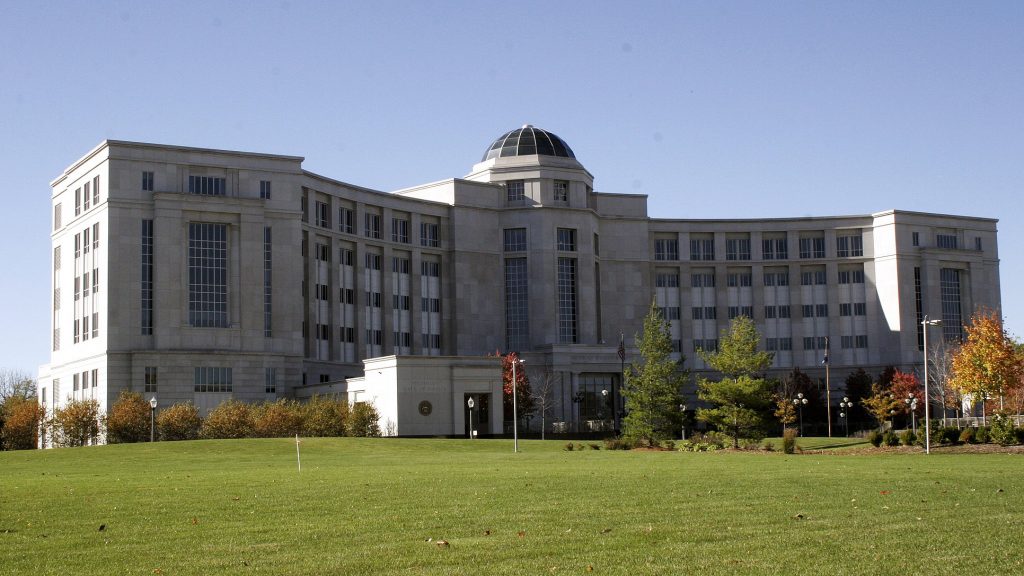Michigan Courts Planning for Systemic Reform
Two Michigan Court officials discuss the future of the state’s justice system and what to expect from the new Michigan Judicial Council.

The recently established Michigan Judicial Council was created to streamline the state’s justice system reforms. This council, in addition to judges and court administrators, will include two members of the public who are not attorneys. The goal of this council is to reflect Michigan’s diverse population and make improvements that will benefit the state as a whole. Michigan citizens can apply for the council on the Michigan Courts website before Friday, May 7.
“There has been more change in the state courts in the last 12 months than, perhaps, the last 12 decades.” –Michigan Supreme Court Chief Justice Bridget Mary McCormack
Listen: How Michigan’s justice system is working to better serve its citizens.
Guests
Bridget Mary McCormack is Chief Justice of the Michigan Supreme Court. She says systemic changes to the Michigan judiciary are already taking place. “There has been more change in the state courts in the last 12 months than, perhaps, the last 12 decades,” she says.
McCormack says the Michigan Judicial Council is a step in the right direction toward making courts more equitable. “This is going to be a pretty dynamic, ground-up process. It’s not going to be those of us at the Hall of Justice saying what’s going to happen,” she says.
McCormack says connection is what’s needed to streamline the courts. “Michigan’s state court system is extremely decentralized.” She says she’s hopeful that the most recent court reforms will create a more just system. “By having a strategic plan to make sure that all of these reform initiatives are connected … we can serve the people of Michigan even better than we do now.”
Tom Boyd is Michigan’s state court administrator. He says the Michigan Judicial Council will help give a voice to Michigan citizens in the court system. “The key to strategic planning is to include the stakeholders,” he says.
Boyd says the state’s justice system will continue to reform in the interest of the public. “We work every day keenly aware of how our work affects families in the most stressful moments of their lives, and our goal is to make sure that they receive the most just outcomes,” he says.
Boyd says the future of equitable court systems are problem-solving courts, or programs that offer alternatives to imprisonment for nonviolent offenders. “The thing about problem-solving courts is that we use extra resources and extra energy to take people from the judiciary and leave them better than we found them.” Part of Michigan’s court reforms are to expand on these problem-solving courts and focus on rehabilitation rather than imprisonment. “Every case should be a problem-solving case, and every court should have problem-solving experience.”
Web story written by Nora Rhein
Trusted, accurate, up-to-date
WDET is here to keep you informed on essential information, news and resources related to COVID-19.
This is a stressful, insecure time for many. So it’s more important than ever for you, our listeners and readers, who are able to donate to keep supporting WDET’s mission. Please make a gift today.
